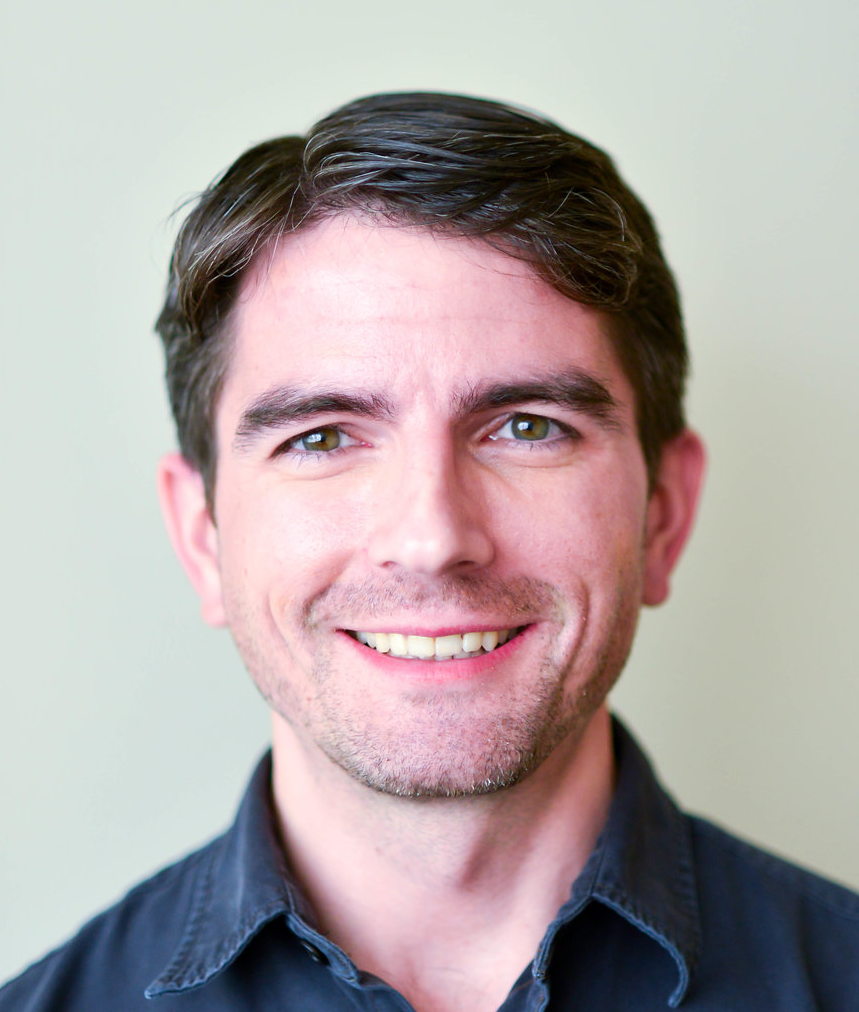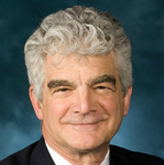Search
Affiliation Type
Methodologies
Applications
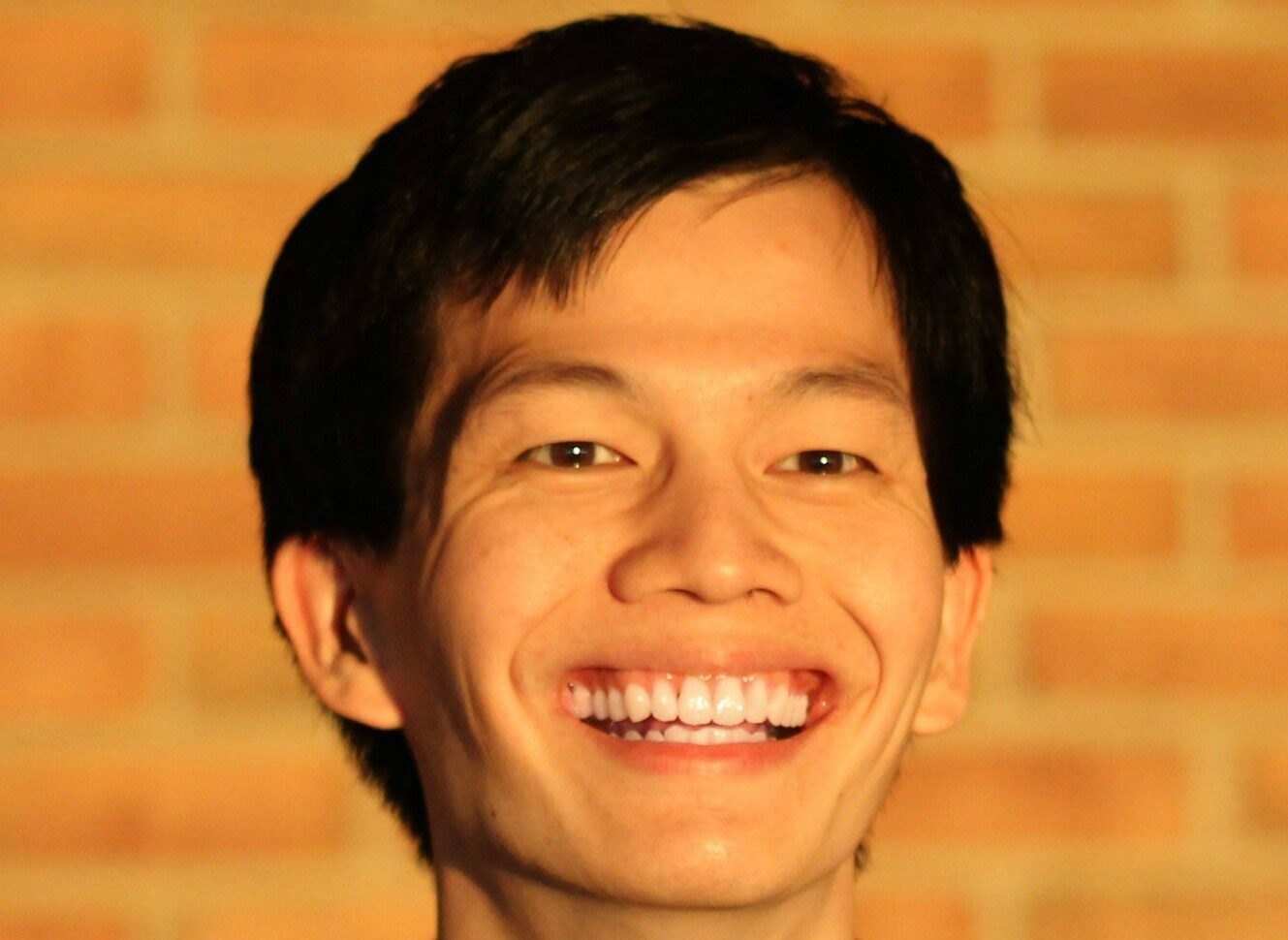
Jowei Chen
Associate Professor, Political Science, LSACenter for Political Studies, Institute for Social Research

Christopher Fariss
Assistant Professor, Political Science
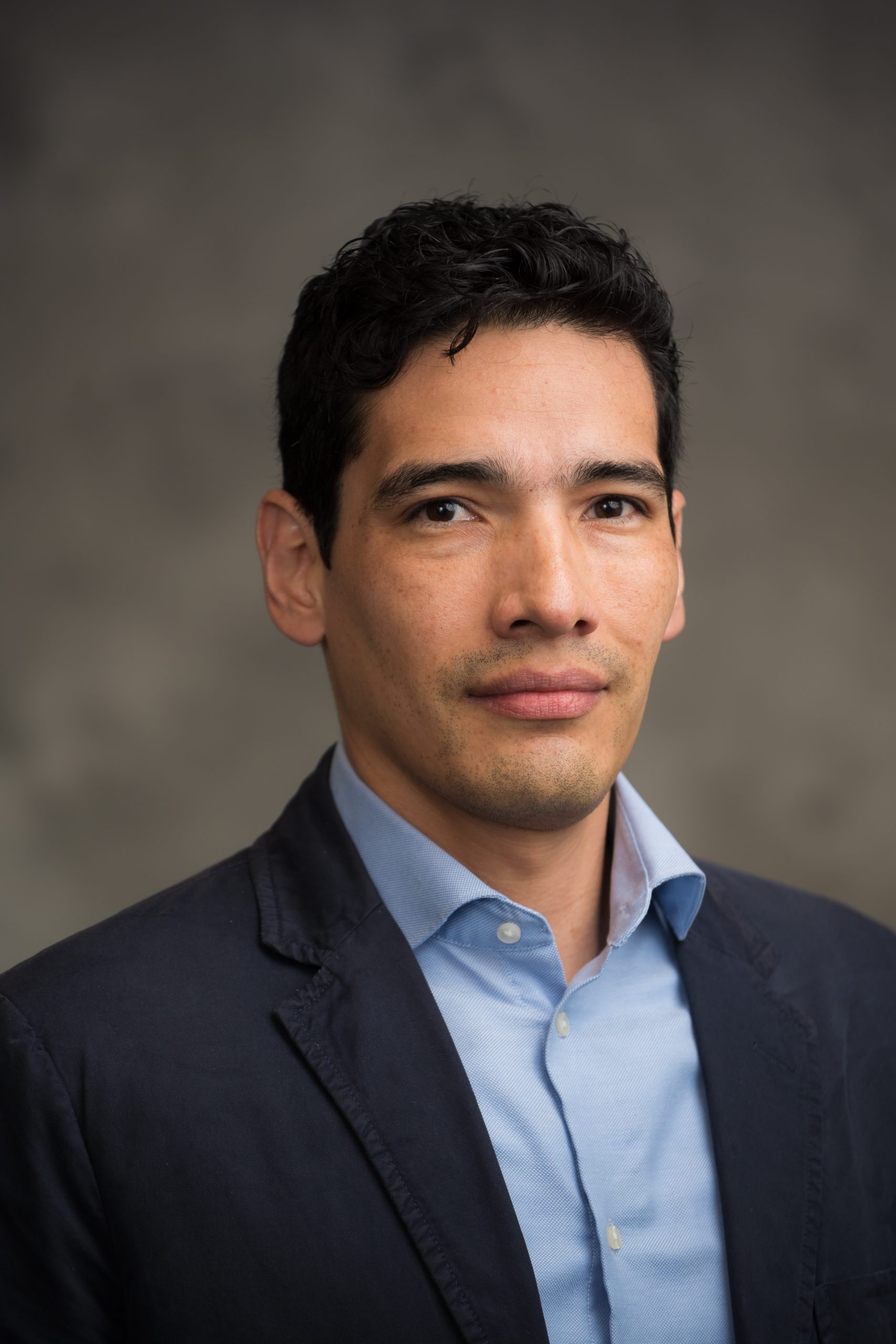
Edgar Franco-Vivanco
Assistant Professor, Political Science

Robert J. Franzese Jr.
Professor and Associate Chair, Political Science, LSA

Dae Woong Ham
Assistant Professor of Technology and Operations, Stephen M Ross School of Business
Assistant Professor of Political Science, College of Literature, Science, and the Arts
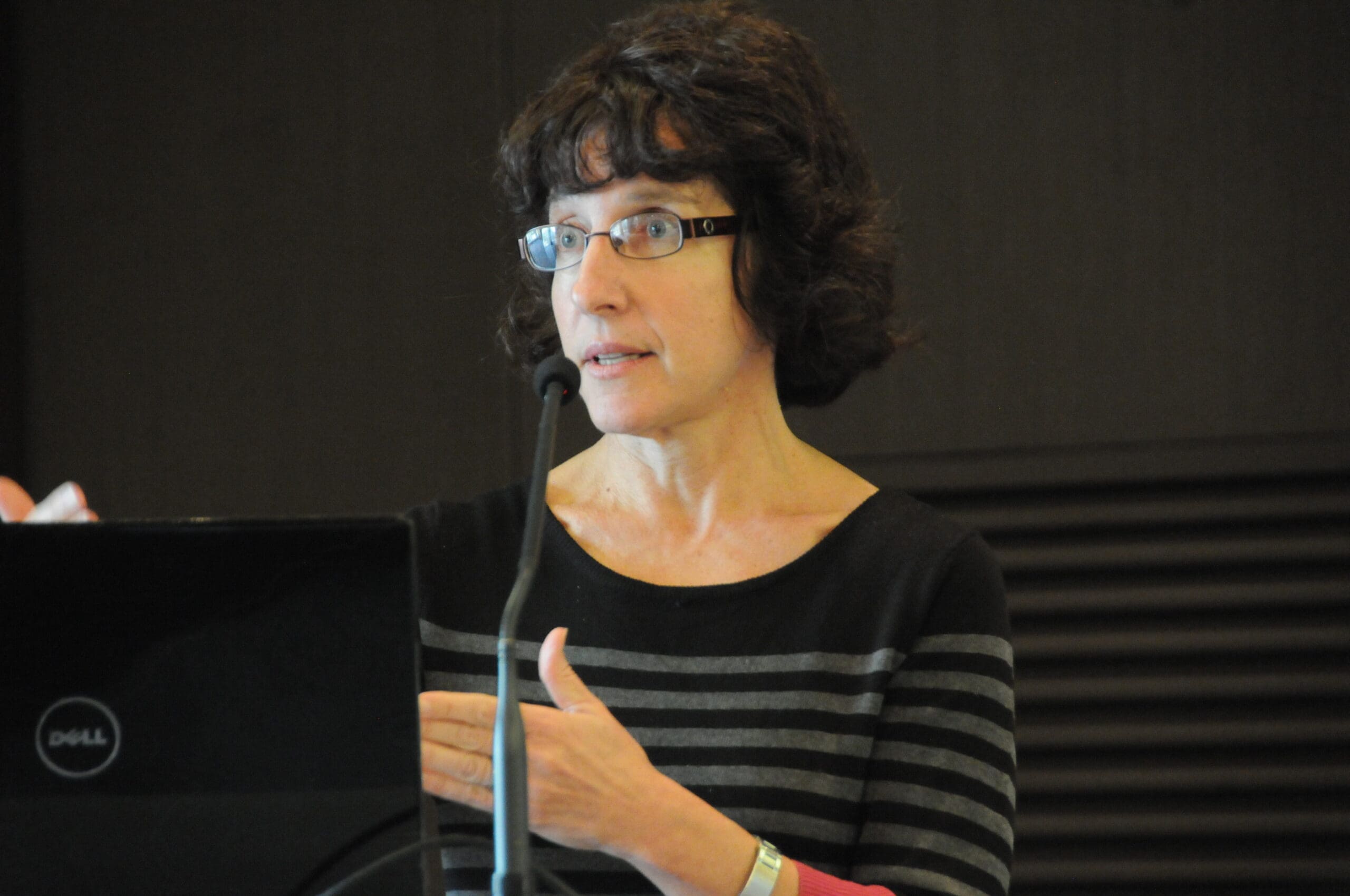
Barbara Koremenos
Professor, Political Science
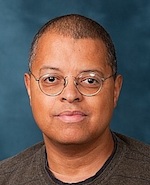
Walter Mebane
Professor, Political Science, LSA Center for Political Studies Statistics, LSA
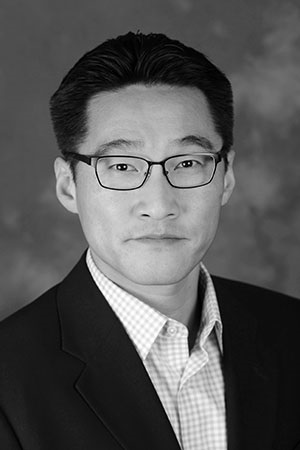
Brian Min
Associate Professor, Political Science, LSA Center for Political Studies Institute for Social Research
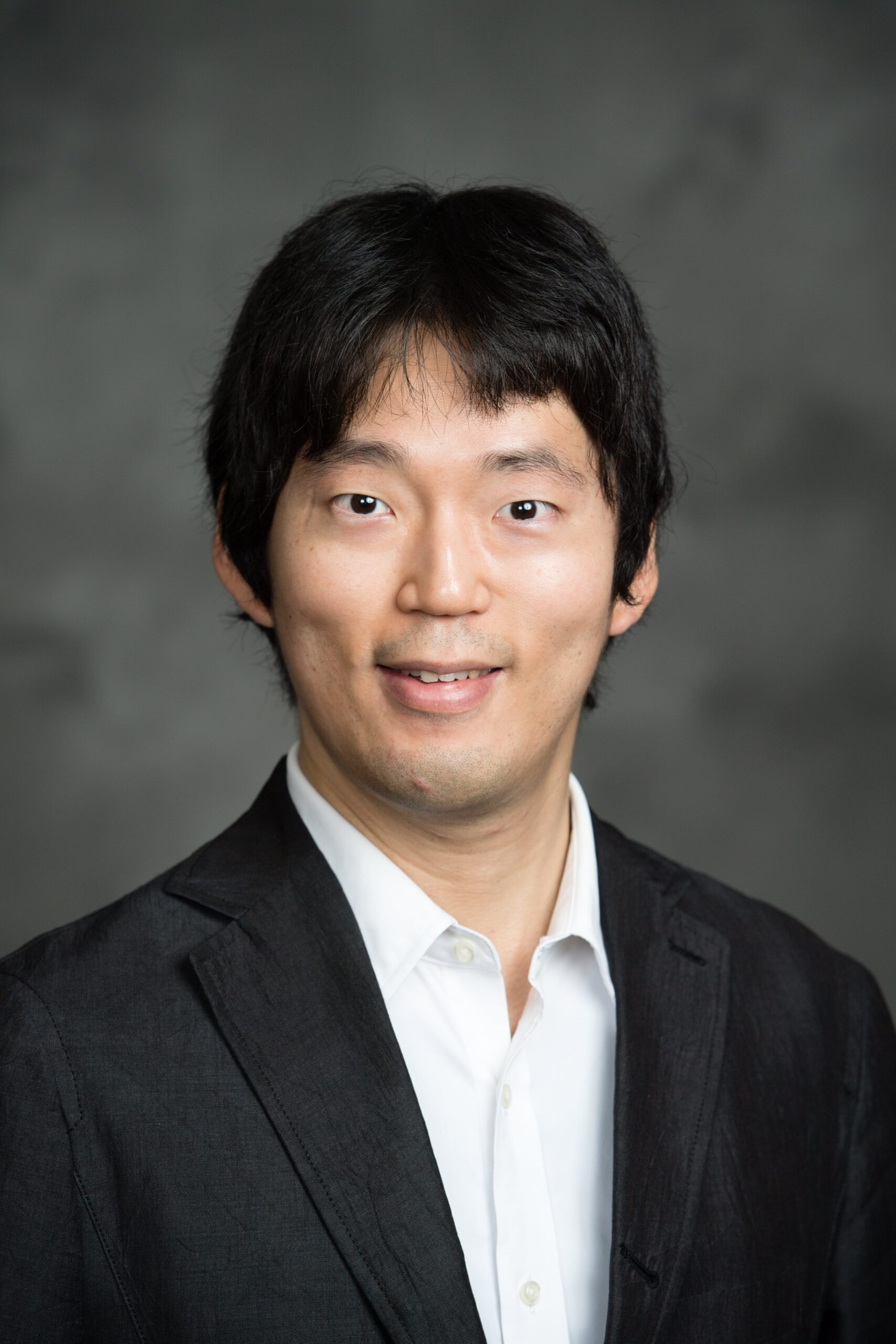
Yuki Shiraito
Assistant Professor, Political Science, LSA
